Tokyo, Japan | Exploring Shinjuku at Night
kingtolentino.com is reader-supported. When you purchase through links on our site, I may earn an affiliate commission with no extra cost to you. This will help me run my website and channel to provide more content to everyone.
After Akasaka, our next destination was Shinjuku, situated on the western part of central Tokyo. Shinjuku is a business and entertainment district of Tokyo. Known for its nighttime entertainment, vibrant neon lights, and narrow alleys filled with small restaurants and bars. Shinjuku is a perfect area for a night out.
For a different experience, we booked a photo session with Marvin through Airbnb experience. We met outside Shinjuku Station, one of the busiest railway station in the world.
Our first stop was Omoide Yokocho. From a modern atmosphere of Shinjuku, it quickly transitioned to an old Japanese ambiance in Omoide Yokocho alley. This narrow alley packed with small traditional Japanese eateries and Izakaya pubs.
From Omoide Yokocho, we walked towards Kabukicho. Kabukicho is the entertainment district in Shinjuku known for adult-oriented entertainment. The largest one in Tokyo.
Here you can also see Godzilla’s head on top of the building at the end of Central Road.
We walked towards Golden Gai, just a few meters from Kabukicho. Golden Gai is known as the area with several narrow alleys filled with over 200 small Izakaya bars. These bars are so small that each bar can only accommodate few customers.
After we completed our photo session with Marvin, we went back to Omoide Yokocho and randomly pick an eatery to try yakitori in an old-style Japanese setting. The eatery was so small, we don’t have a place to stow our bags.
They offer a wide variety of yakitori from chicken, pork and vegetables.
In this experience, we tried 2 sticks of chicken and 2 sticks of pork.
We also sampled their stew for sharing.
We paid 3,160 Yen for the orders above plus 2 bottled water. In addition, our bill included a 700 Yen charge for the table fee.
We decided to conclude our day 2 in Tokyo to prepare for the next day - a day at Tokyo DisneySea.
WATCH THE FULL VLOG HERE
WHEN IS THE BEST TIME TO VISIT JAPAN
The best time to visit Japan is March to May during spring. Do note that cherry blossom season is also a peak season in Japan.
WHAT ARE THE THINGS TO PACK TO JAPAN - WINTER EDITION
Clothes for cold weather
Jacket
Comfortable shoes/ sneakers/ boots
Backpack
Camera / gear
Powerbank
Toiletries
Universal Adaptor (For Filipinos, no need since Japan is using the same outlet)
Tumbler
WHERE TO STAY IN TOKYO, JAPAN
These are the accommodation/s I’ve tried and would recommend to you. If interested, you can book via Agoda by clicking the link below:
HOW TO GET TO JAPAN FROM MANILA
The most convenient way to get to Japan from Manila is via direct flight. There are several entry points to choose from: Kansai, Nagoya, Fukuoka, Haneda, Narita.
Depending on your travel, you can choose from several entry points available like Kansai, Nagoya, Haneda, etc.
For the common Osaka, Tokyo, Kyoto tour, best option is Kansai Airport.
HOW TO GET TO TOKYO FROM OSAKA
To get to Tokyo from Osaka, the fastest and cheapest way is via plane. However the travel time going to and from the airport also takes time and also has costs. Then, you also need to allocate time for check in and boarding. Lastly comfort is not promised.
The fastest and most convenient option is Shinkansen Bullet Trains. It is not the cheapest especially if you’ll book for a one-way ticket. Best if you avail the Japan Rail Pass or JR Pass.
HOW TO GET TO SHINJUKU FROM TOKYO STATION
To get to Shinjuku from Tokyo Station, take the Chuo line to Shinjuku Station. Train ride is around 15 minutes.
HOW TO GET TO KYOBASHI STATION FROM SHINJUKU
To get to Kyobashi Station from Shinjuku, go to Shinjuku-sanchome Station and take the Marunouchi Line to Akasaka-Mitsuke Station. Then transfer to Ginza Line to Kyobashi Station. Whole travel time is around 20 minutes.
TOKYO, JAPAN BUDGET AND ITINERARY
Based on this itinerary, which includes all the activities and restaurants covered in the blog, the budget for a 3 days, 2 nights trip in Tokyo, Japan for two person is around 40,000.00 Yen or around Php15,000.00. Around Php 25,000.00 if you’ll include the private photo session. See detailed budget and itinerary below:
NOTE: Rates indicated above may change.
IMPORTANT THINGS TO CONSIDER WHEN VISITING TOKYO, JAPAN
No Tipping.
Be on time.
Cash is king.
Avoid speaking loudly in public areas, particularly in enclosed spaces such as buses, trains, elevators, and similar environments.
While exploring Japan, consistently stay on the left side, whether it's on escalators, sidewalks, or streets. Except in Osaka.
People from Japan, form queues in bus lines, restaurants and elevators.
While there are numerous food stalls lining in the streets of streets of Japan, you should refrain from eating while walking.
Finding trash cans or sorting bins can be challenging when exploring Japan destinations. Usually, it is placed near vending machine, train stations and convenience stores.
Table napkin in most restaurants and coffee shops in Japan is waxed. I think it is not effective in wiping grease and oil.
When using public toilets in Japan, used toilet paper should be flushed down the toilet. Toilet paper in Japan easily dissolves in water unlike in other countries. NOTE: Only toilet paper. Properly dispose wet wipes, napkins and other similar items.
TOKYO, JAPAN TRAVEL TIPS
Secure your passport
Be sure to have a credit card for emergency
Download the following Google Apps: Google Maps for Navigating and Google Translate for basic translation.
Rent a pocket Wi-Fi or eSim in advance. This way you’ll have data as soon as you land in Japan. I’ve tried pocket Wi-Fi during our vacation and encountered no issues on connections or signal.
If you are travelling around Japan, buy the Japan Rail Pass or JR Pass in advance. For convenience, best to avail the Green Car option. For Green Car holders, best to reserve your seat in advance as well. You can buy the JR Pass here.
Since trash cans or sorting bins are not common in public places or streets of Japan, best to have a small plastic/paper bag for your garbage.
Travelling with luggage in Japan across multiple cities in Japan can be challenging. For a convenient experience, try a luggage delivery service.
If you want to avoid crowd in tourist spots, schedule your visit early morning.
Exploring Japan often involves a significant amount of walking, so it's important to wear comfortable shoes.
Instead of buying bottled water, bring your own tumbler.
WHAT’S IN MY BAG?
If you want to know more about the cameras, gadgets and travel essentials I use, check out “MY GEAR”
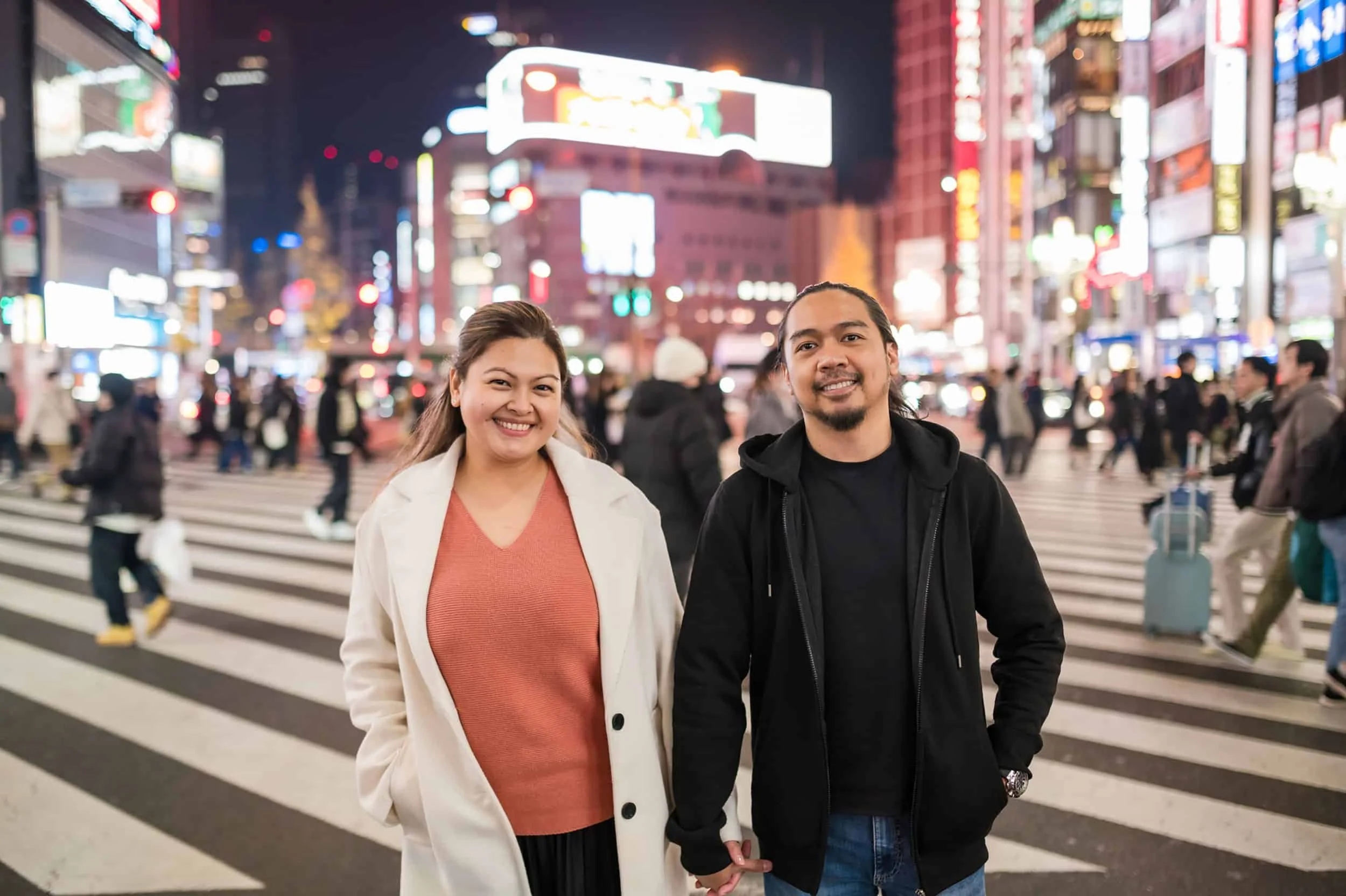
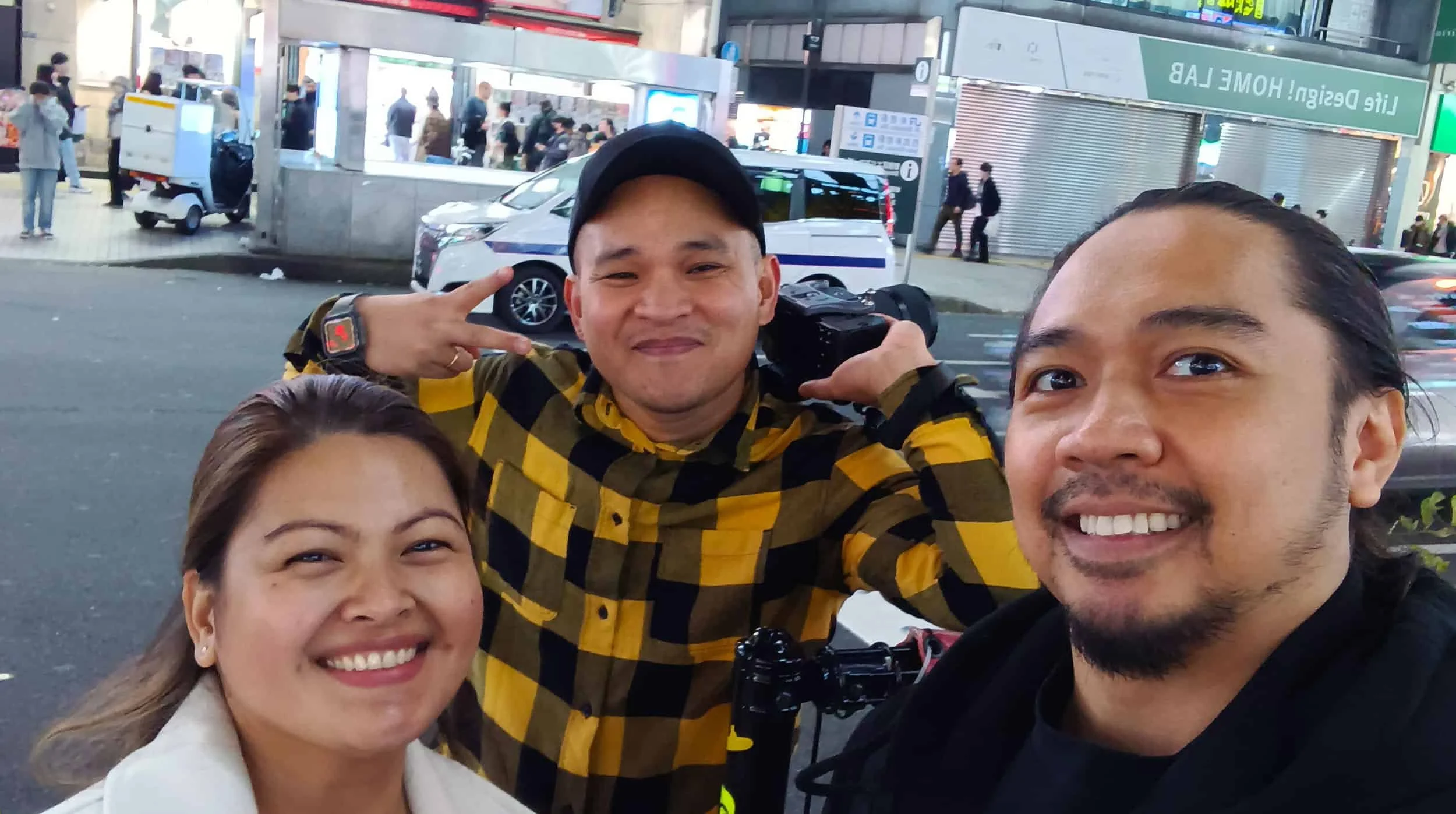
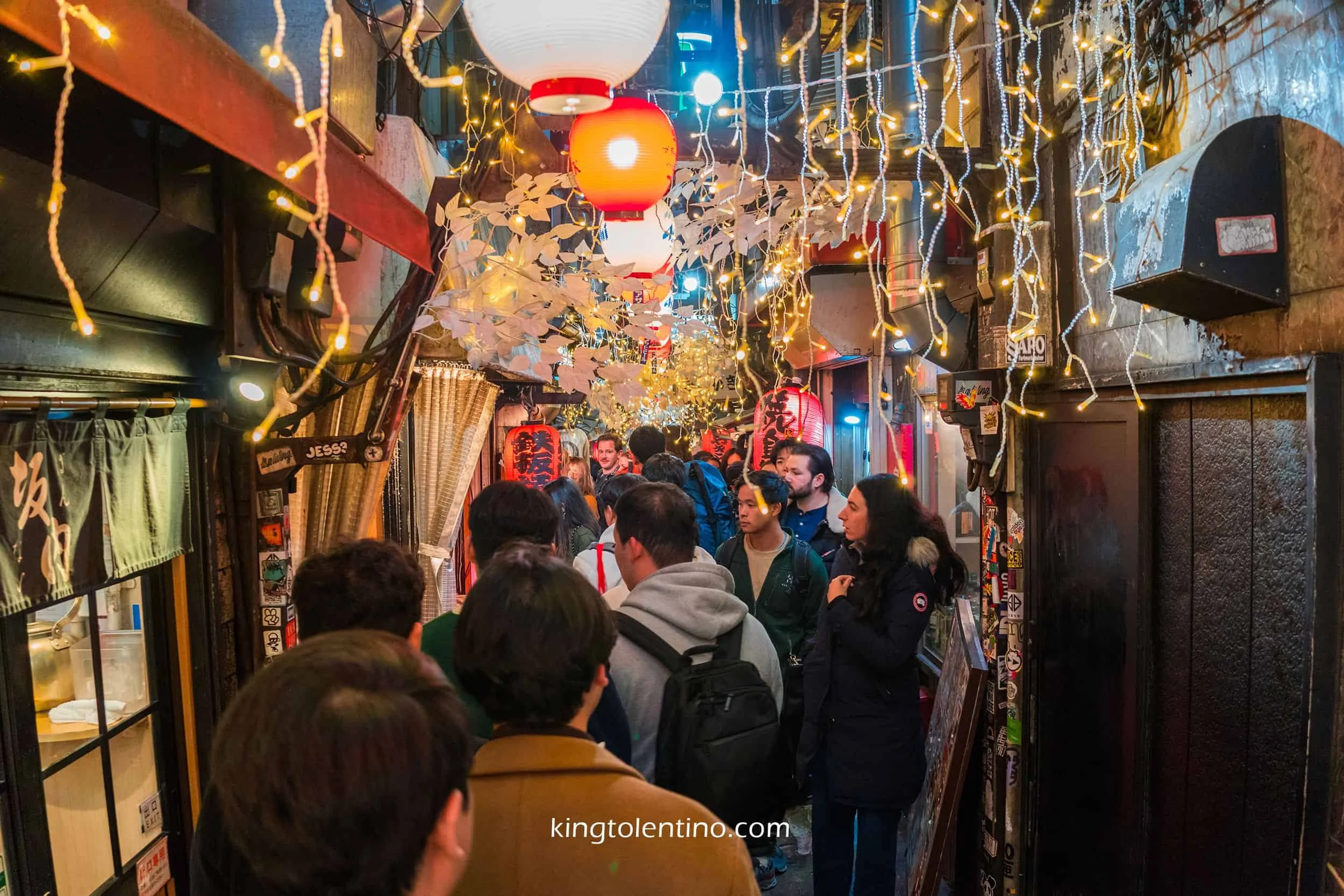
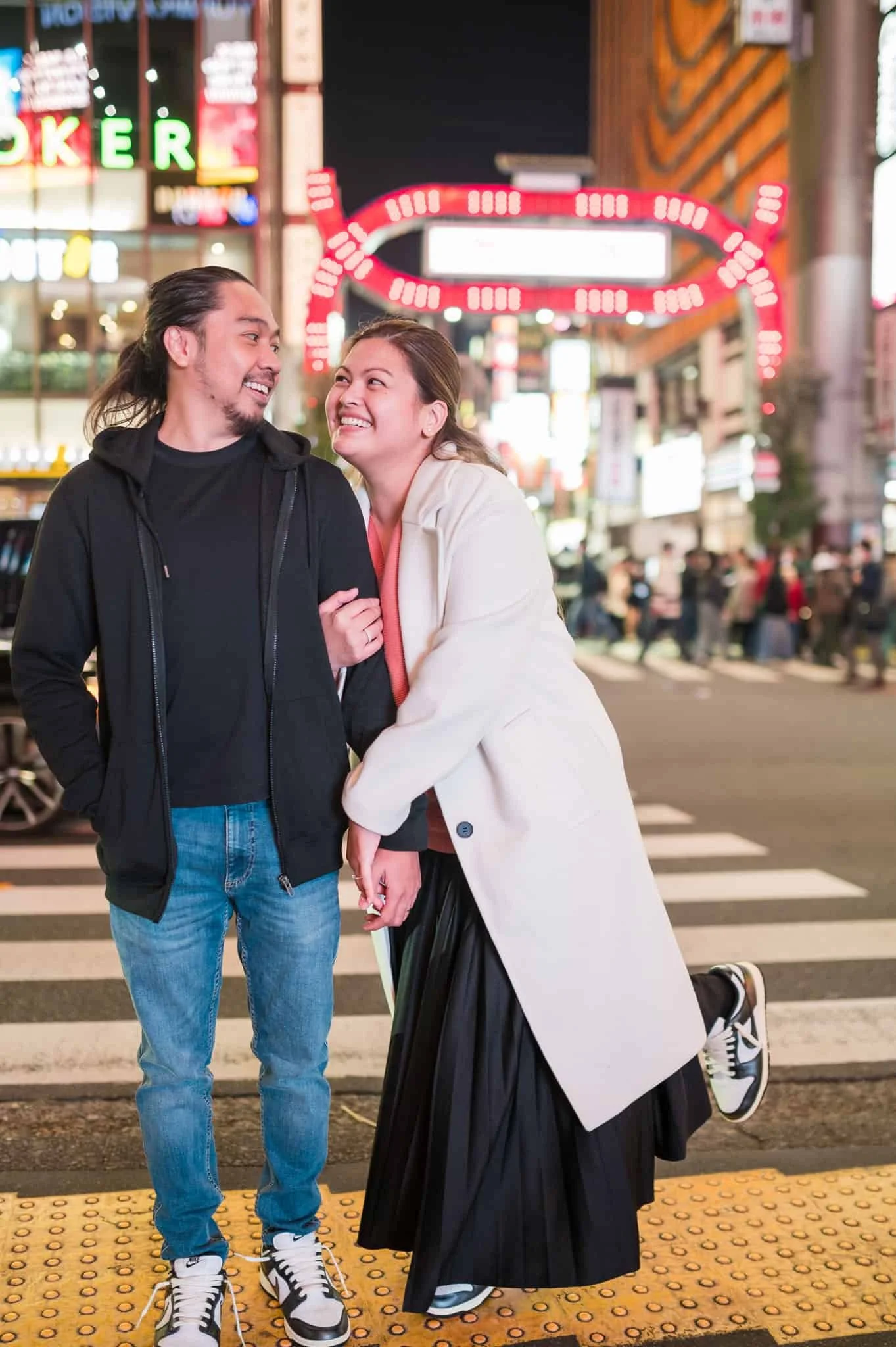
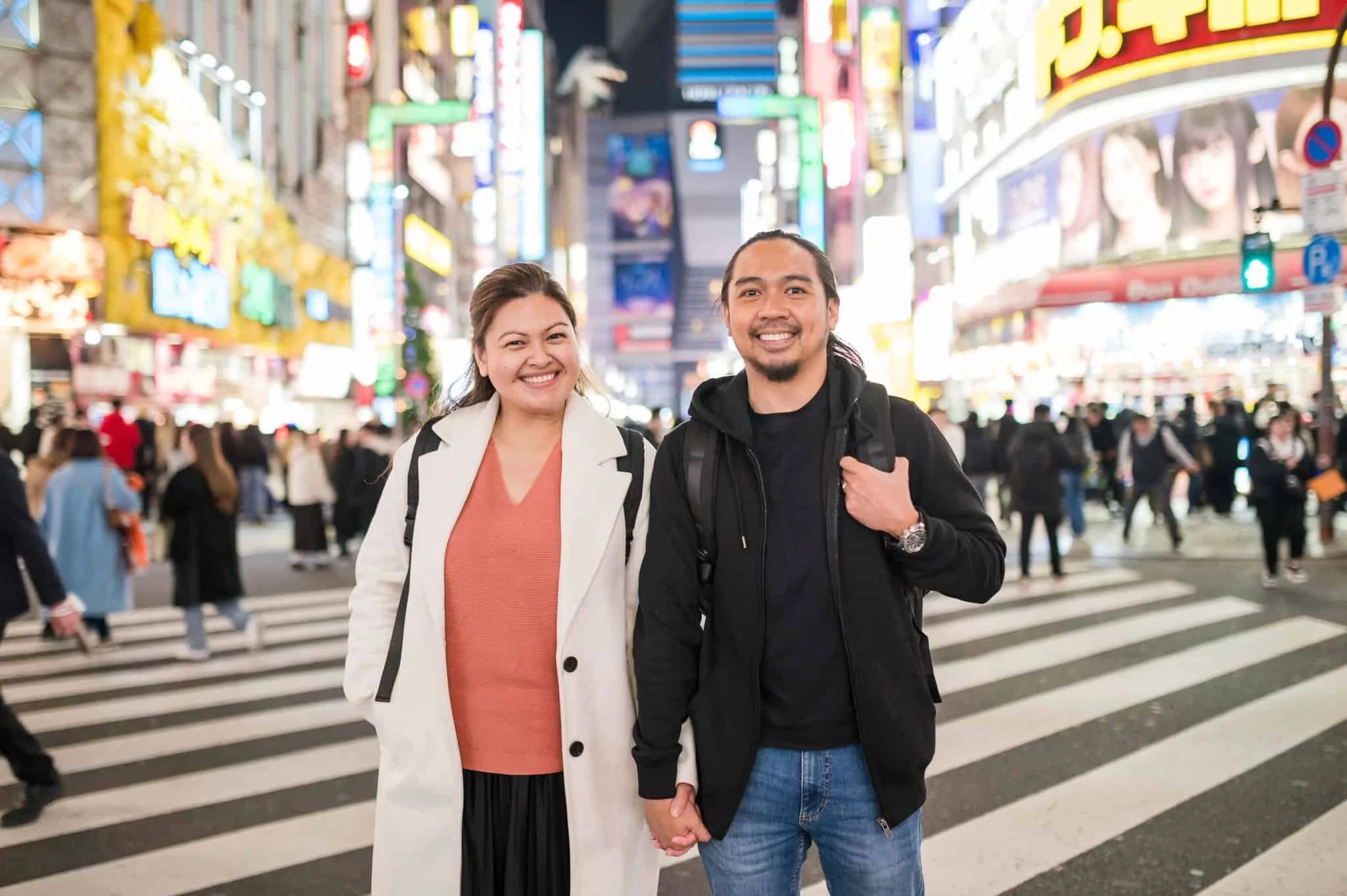
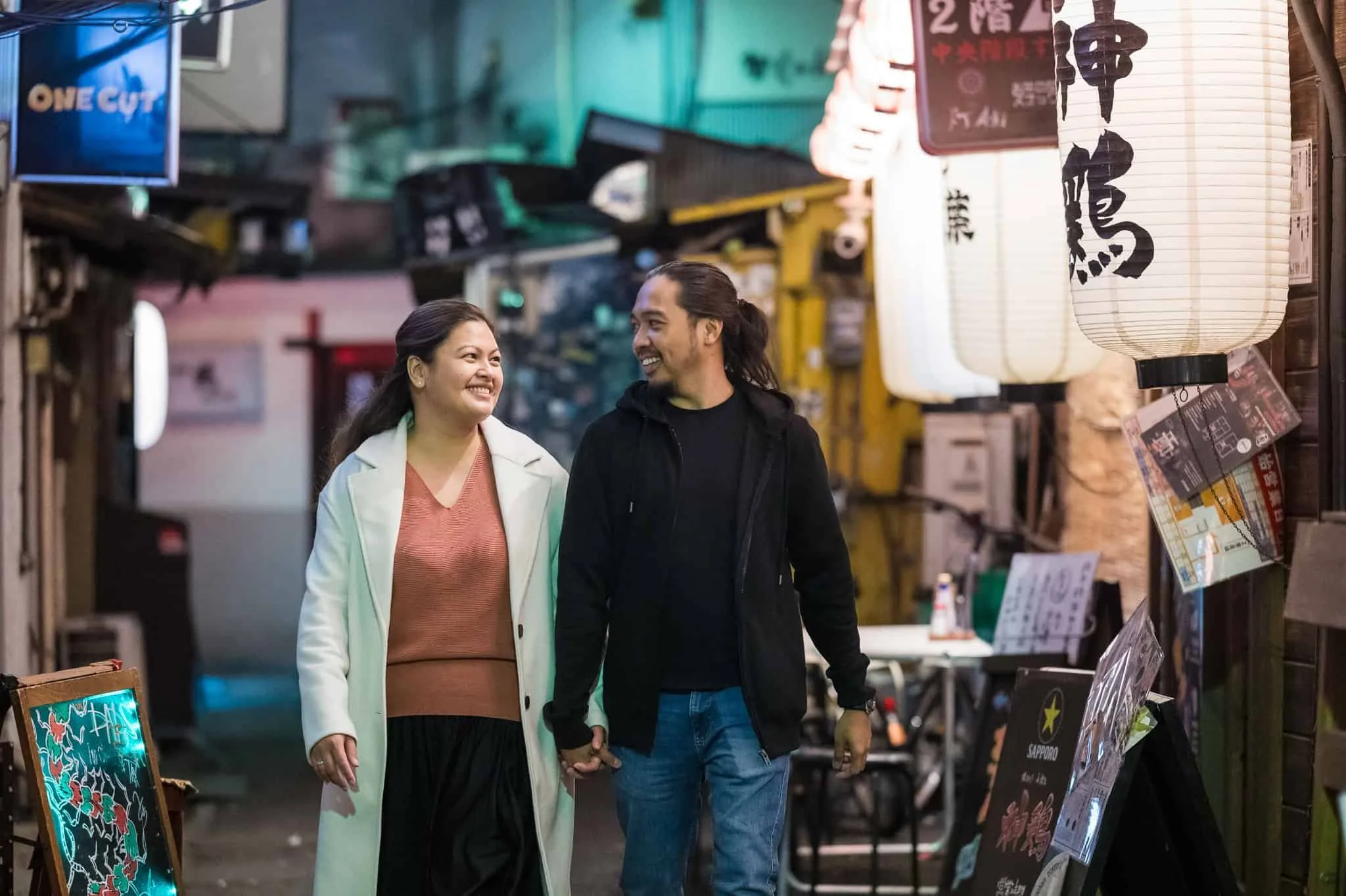
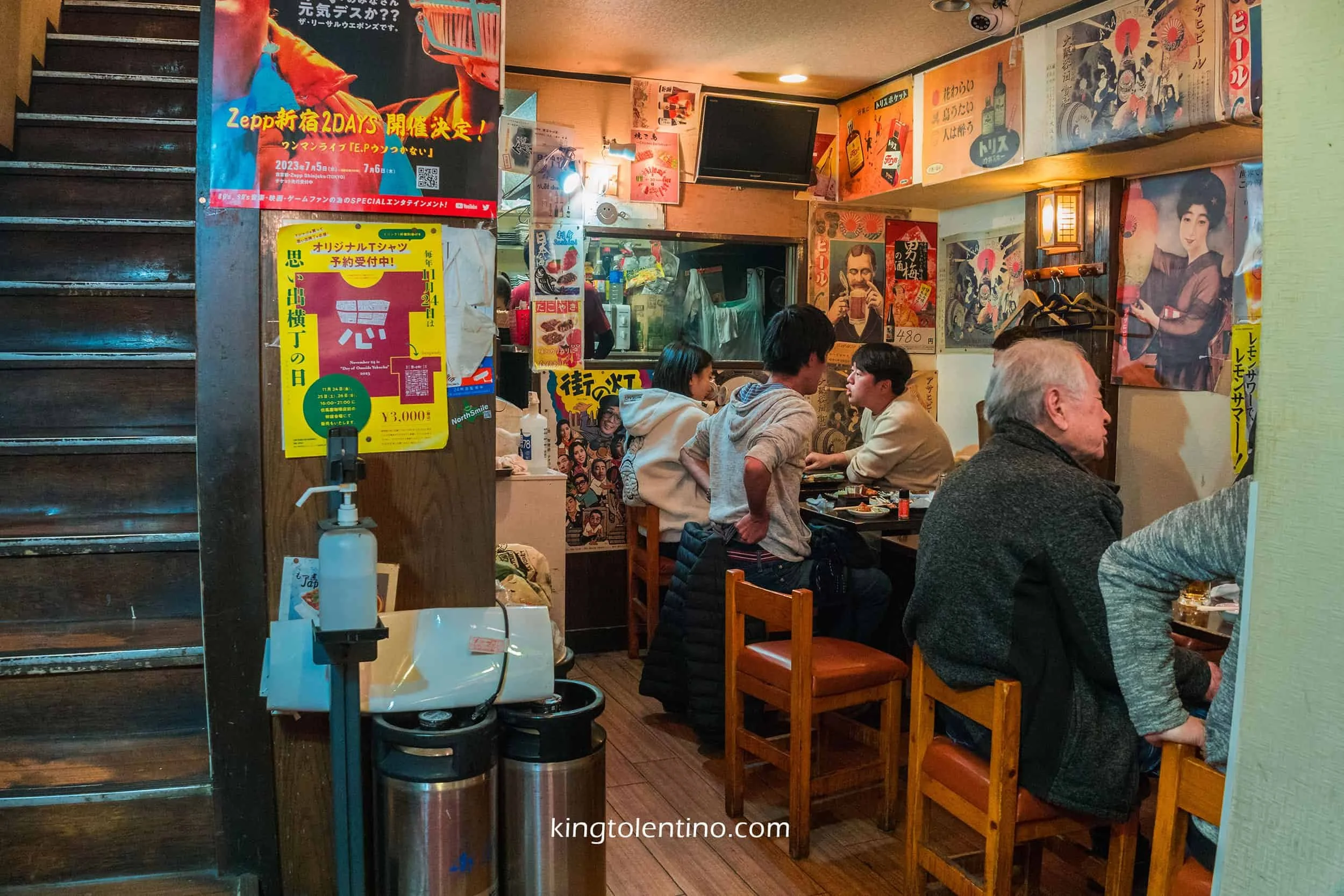
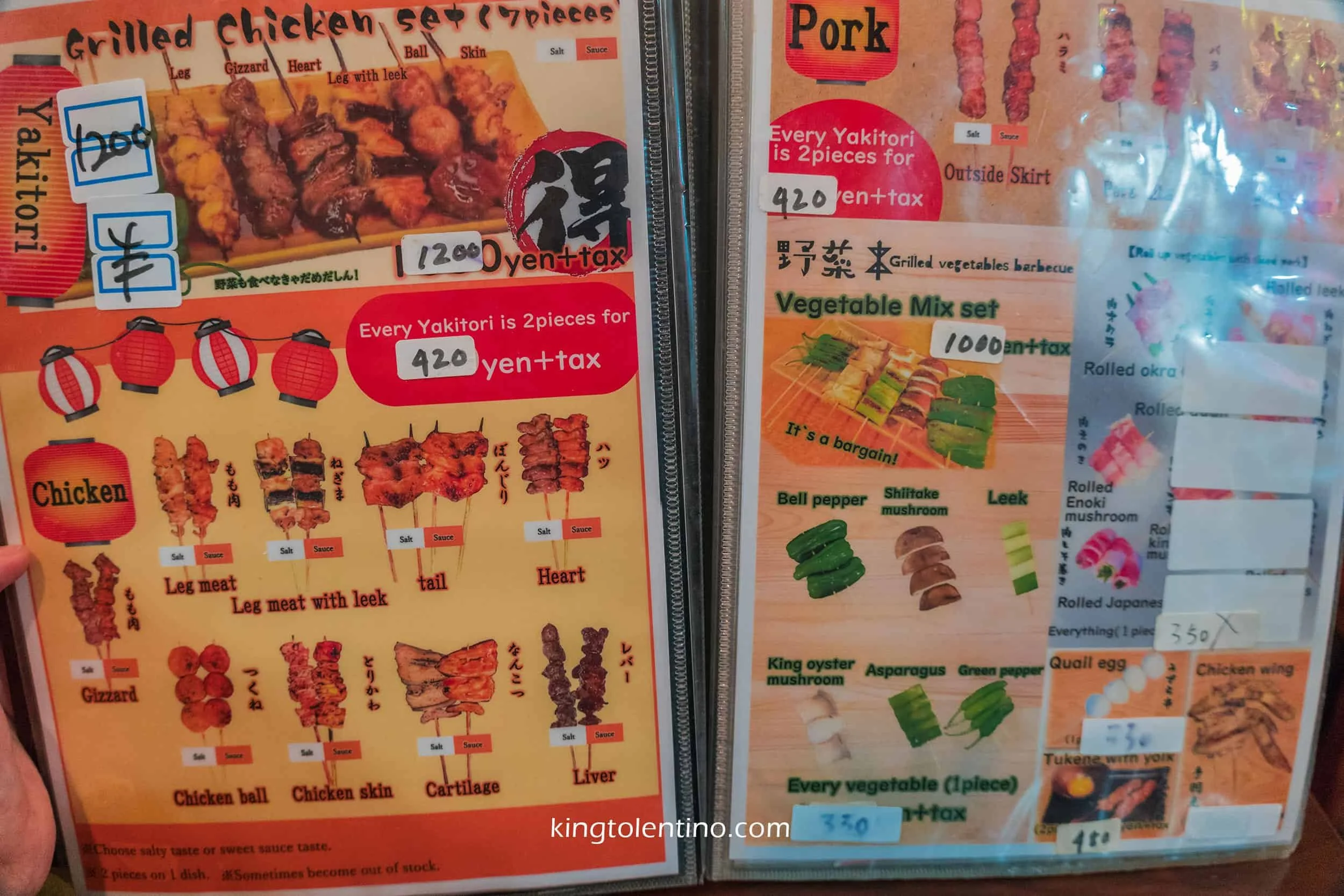
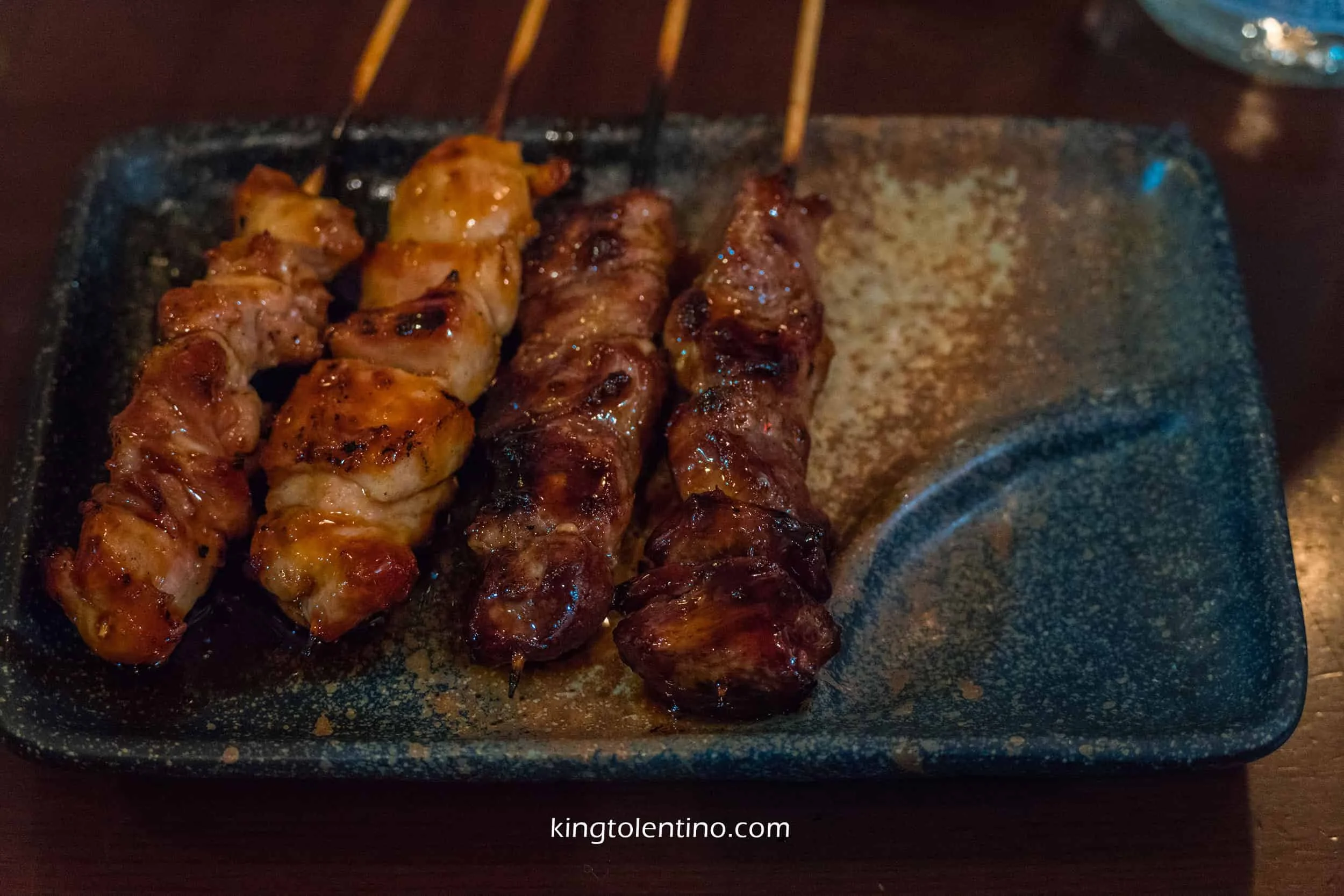
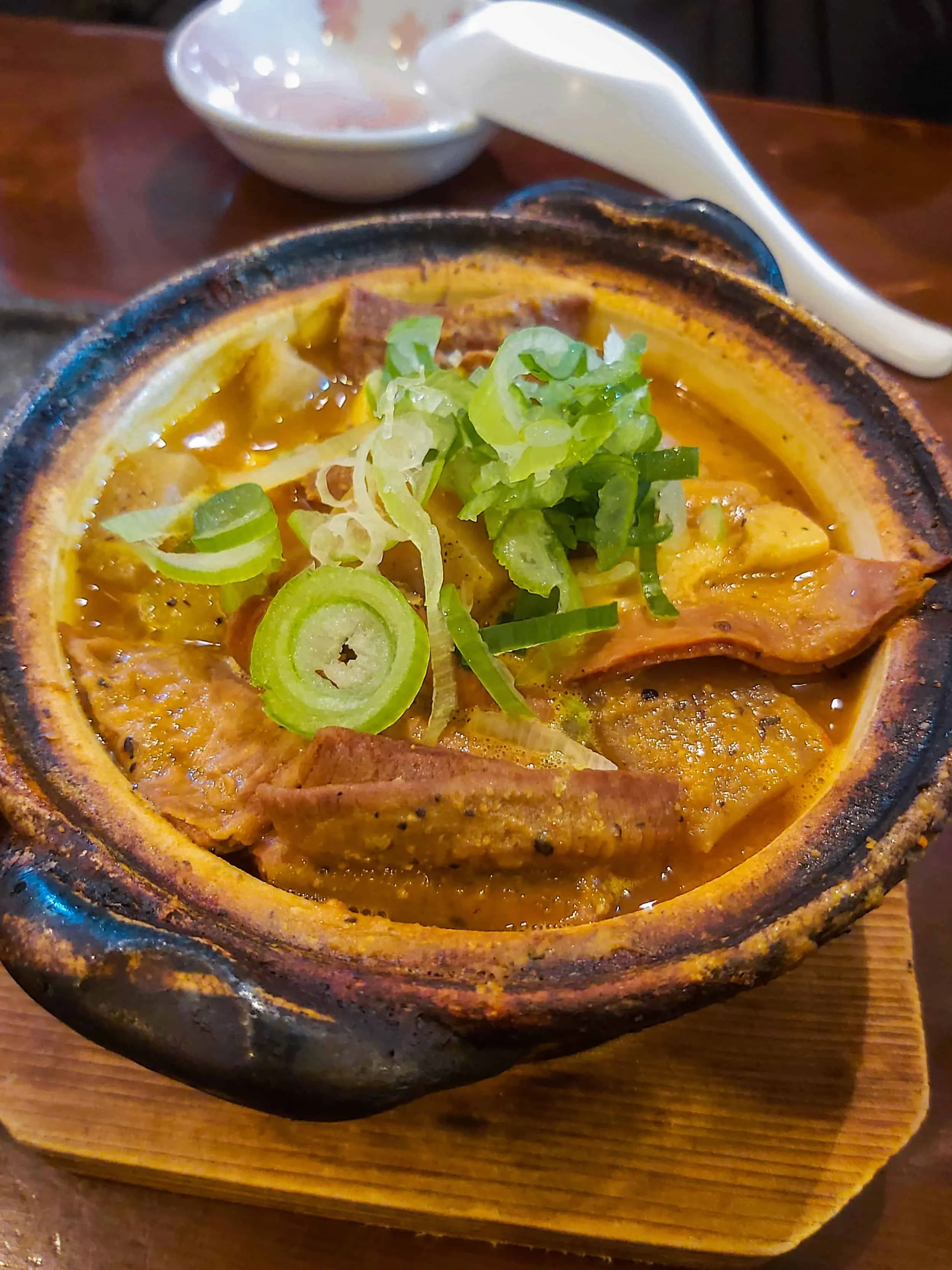
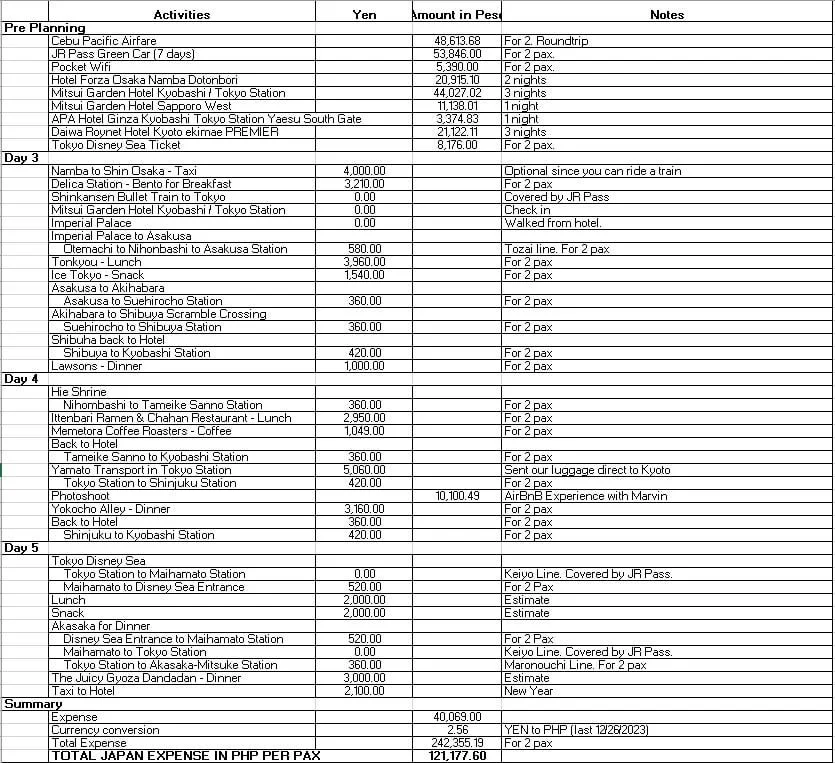









This is the ultimate Philippines travel guide.